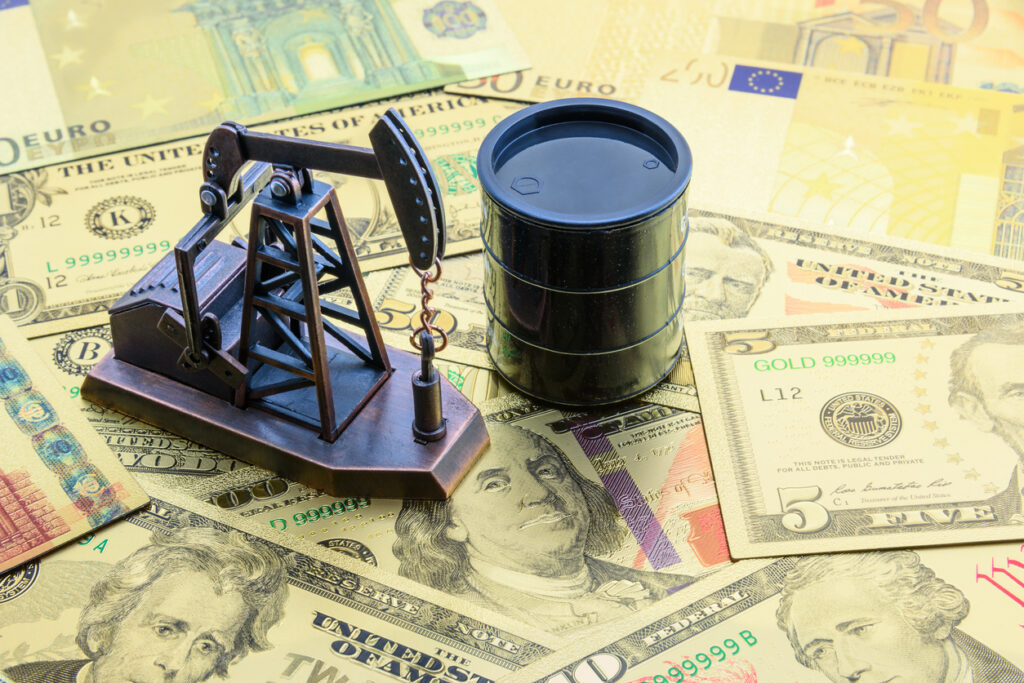(Oil & Gas 360) – Since it’s the season for handicapping everything from fantasy football to electoral outcomes, Oil & Gas 360 offers some picks and perspectives if you’re in a peak oil prediction pool.
Earlier fossil fuel forecasters were humbled (one would think so, anyway) for utterly underestimating the resource size, ingenuity, and appetite for risk that proved them all so utterly wrong.
How can one not start with the King? M. King Hubbert was fossil fuel’s first Malthusian when, in 1956, he predicted U.S. oil production would peak sometime before 1970. He proved pretty prescient as domestic production fell off in the early 1970s. When it rebounded, albeit slowly, he doubled down with another forecast in 1974, this time about global production peaking around 2000.
Not to be outdone, a couple of oil field lifers, Colin Campbell and Jean Laherrere, called for an irrecoverable decline in global production starting in 2005 in their widely circulated article for Scientific American, “The End of Cheap Oil,” in 1998. The two were professionals of considerable credibility given their combined experience as petroleum geologists and engineers, respectively, at about 75 years.
Geologist, Hubbert acolyte, co-worker, and author of “Hubbert’s Peak” and “Beyond Oil,” Kenneth S. Deffeyes likewise predicted the world would start running out of oil around 2005.
The average price of West Texas Intermediate that year was slightly less than $57 a barrel. Adjusted for inflation, that barrel today would be around $85.
After Campbell, Laherrere, and Deffeyes, the focus changed to more oil demand than production when some of the Super Majors entered the petrol prognosticating derby.
Ten years ago, Exxon predicted a production peak in 2040; in 2010, BP called for oil demand to peak in 2020. Shell is projecting a production peak in 2025. OPEC predicts oil demand to peak in 2045.
Others outside the business have weighed in on turning the bit to the right. In 2008, the International Energy Agency predicted peak production to have occurred four years ago.
A year later, the U.S. Energy Information Administration projected peak oil around 2030. McKinsey and Company predict peak oil demand around the same time. BloombergNEF this year forecasts peak demand around 2035.
Place your bets now, but as you can see above, betting against the oil industry probably isn’t going to work out well.
By Jim Felton for oilandgas360.com








